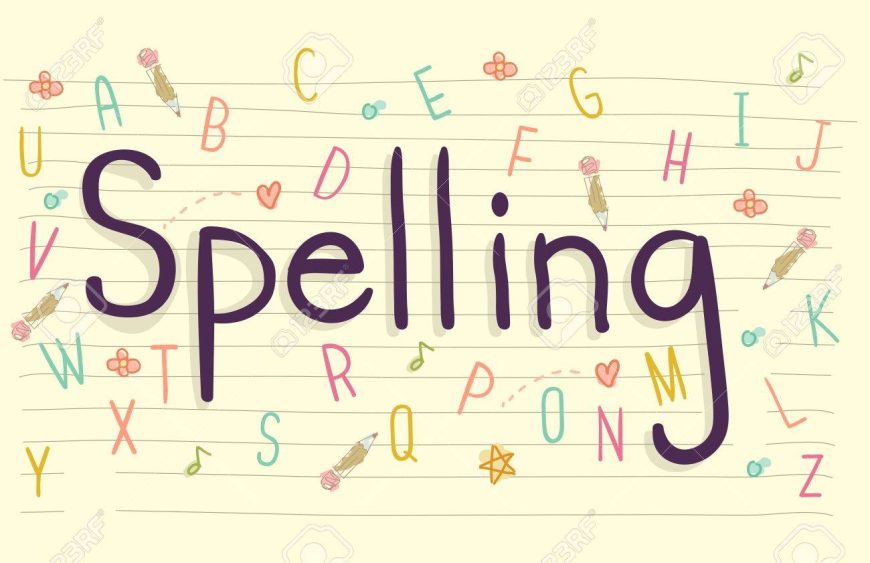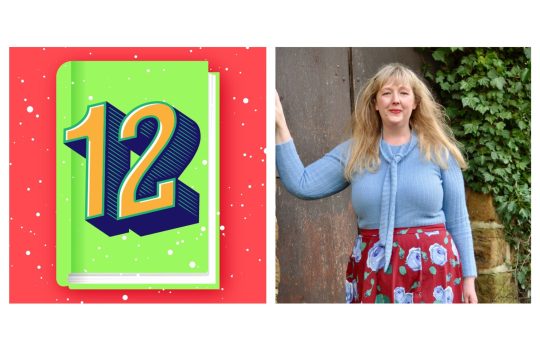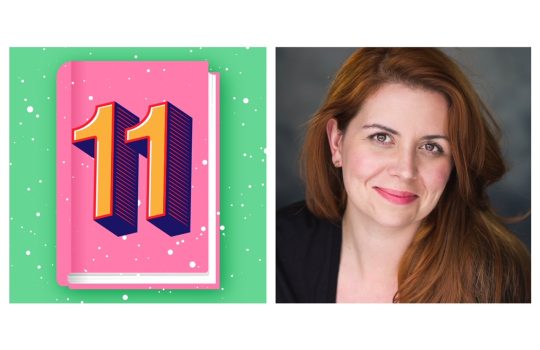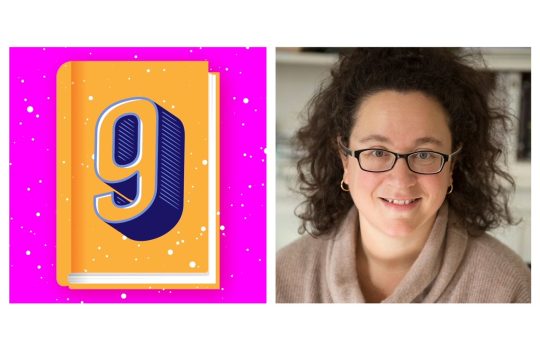My nine-year-old daughter didn’t get picked for art club this term and she was a little disappointed. With great entrepreneurial spirit, she and her fellow rejects set up a lunchtime art club of their own. On Friday, her friends declared her Star of the Week and gave her a certificate they’d made. She came running out of school, waving it in the air, a big smile across her face.
Here’s a picture of it.
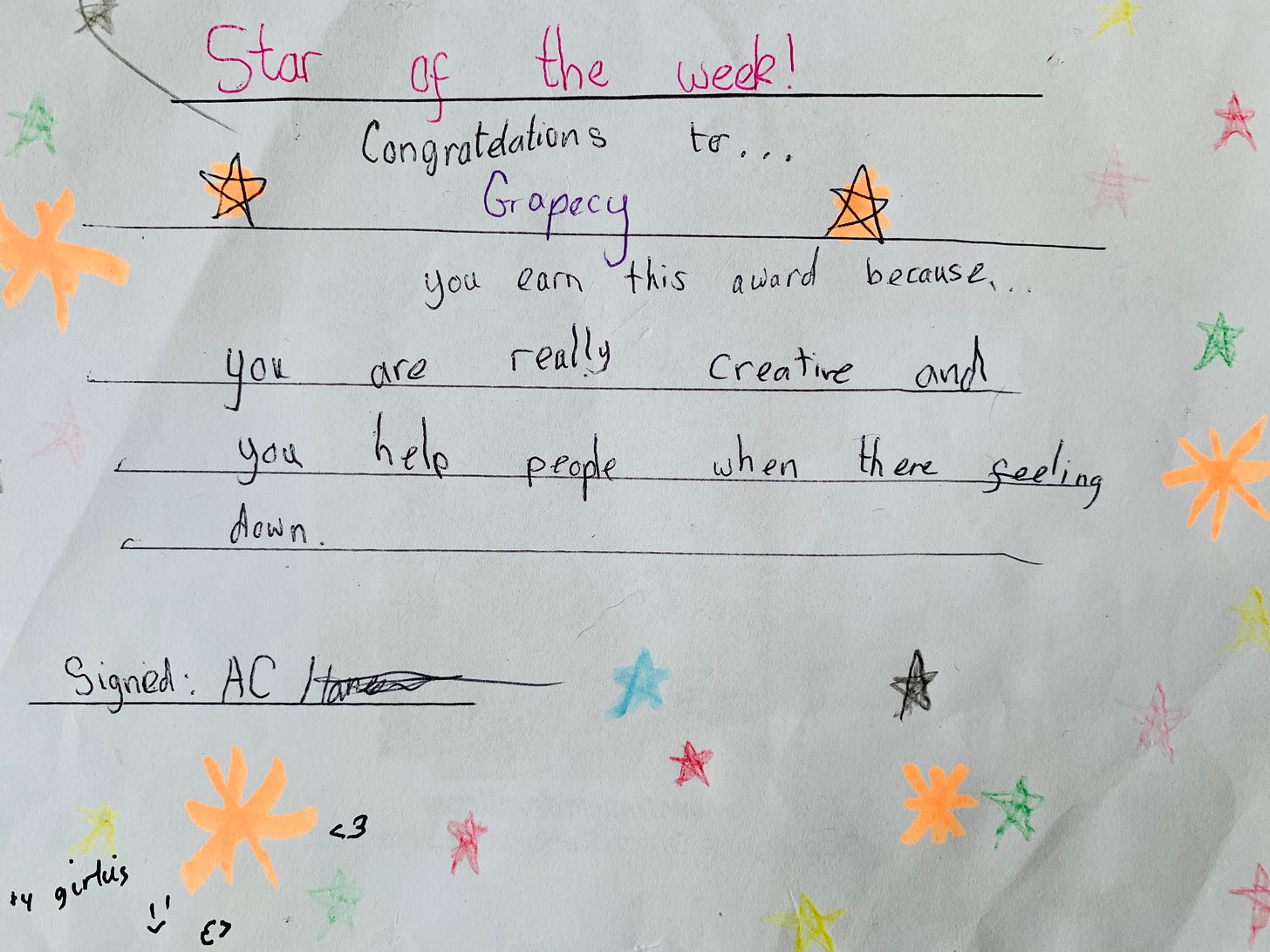
How nice to have friends who think of you like this. I am a proud mum. But what has this got to do with today’s writing lesson, you are asking. Ok, here goes…
On Monday, during a one-to-one with a mentee I was asked about the importance of good spelling and grammar. I knew what my answer should have been, that yes, if you want to be a writer, it is essential. But I just couldn’t quite bring myself to say it. What I actually said was this: “If I were to make a list of all the things that are vital to writing, good spelling and grammar would be pretty low down that list.”
Why? Because more important is your ability to tell a story, to bring characters to life, to create a world, a voice, and an emotional narrative that will capture your reader and refuse to let go.
I remember a few years ago when I was at the University of East Anglia doing my MA in Creative Writing, I was one of only a handful of people in my cohort who was already working as a professional writer. But guess whose work got marked down for grammar inaccuracies? (This confession is killing me!)
My defence was that as a professional, I am used to having a line editor, that it is my job to come up with the concept, to stuff the narrative full of emotion, to get 80,000 words down on the page and, if I’m ghosting, to have kept hold of the author’s hand throughout, giving them the confidence to reveal parts of themselves they perhaps hadn’t before. Spelling and grammar? I can’t tell you how low down my list of priorities that comes.
That’s not to say I am bad at it (I’m sure my editors would defend me), but it seemed odd to me that at an institution churning people out into the world to do the very same job I was already doing, creativity lost points because there was a comma where a full stop should have been (in their opinion).
What matters more than anything is your voice. What matters more than anything is the story you are telling. What matters more than anything is if your book reaches inside the chest of your reader and squeezes at their beating heart. That’s what agents are looking for when they pluck a manuscript from a slush pile.
Now, I am not advocating that you send a manuscript with lots of spelling and grammatical errors. Absolutely not, and I made that clear to my mentee, because mistakes add up when you are reading and it becomes extremely distracting and then that beautiful story you’ve spent months (years) creating is lost on your reader. If you are not confident in that area, find someone (pay someone) to go through your manuscript for you. But remember, grammar is something you can learn. The ability to be a storyteller is something more innate.
There were so many other students in my cohort who were way better writers than me, but did they know how to tell a good story? Not all of them. What we strive for, of course, is both elements, but the point of this lesson is not to bog yourself down when you’re writing with worries about punctuation, not to let those horrid little squiggly red lines put you off your text (I never use spellcheck by the way). Just tell your story. There will be plenty of time to worry about grammar later, when you are polishing your manuscript to be the very best it can be, when it is about to be released into the world.
So, the reason I told you about my daughter’s certificate? Because how important were those spelling errors? Did they take away from the meaning? Did they result in less of an emotional punch? Not at all.
Would my daughter’s smile have been any different when she came out of school waving her certificate at me if those spelling mistakes hadn’t existed? Nope.
Out in the real world, we want meaningful connections through words, and for that, we’ll forgive a few typos.

